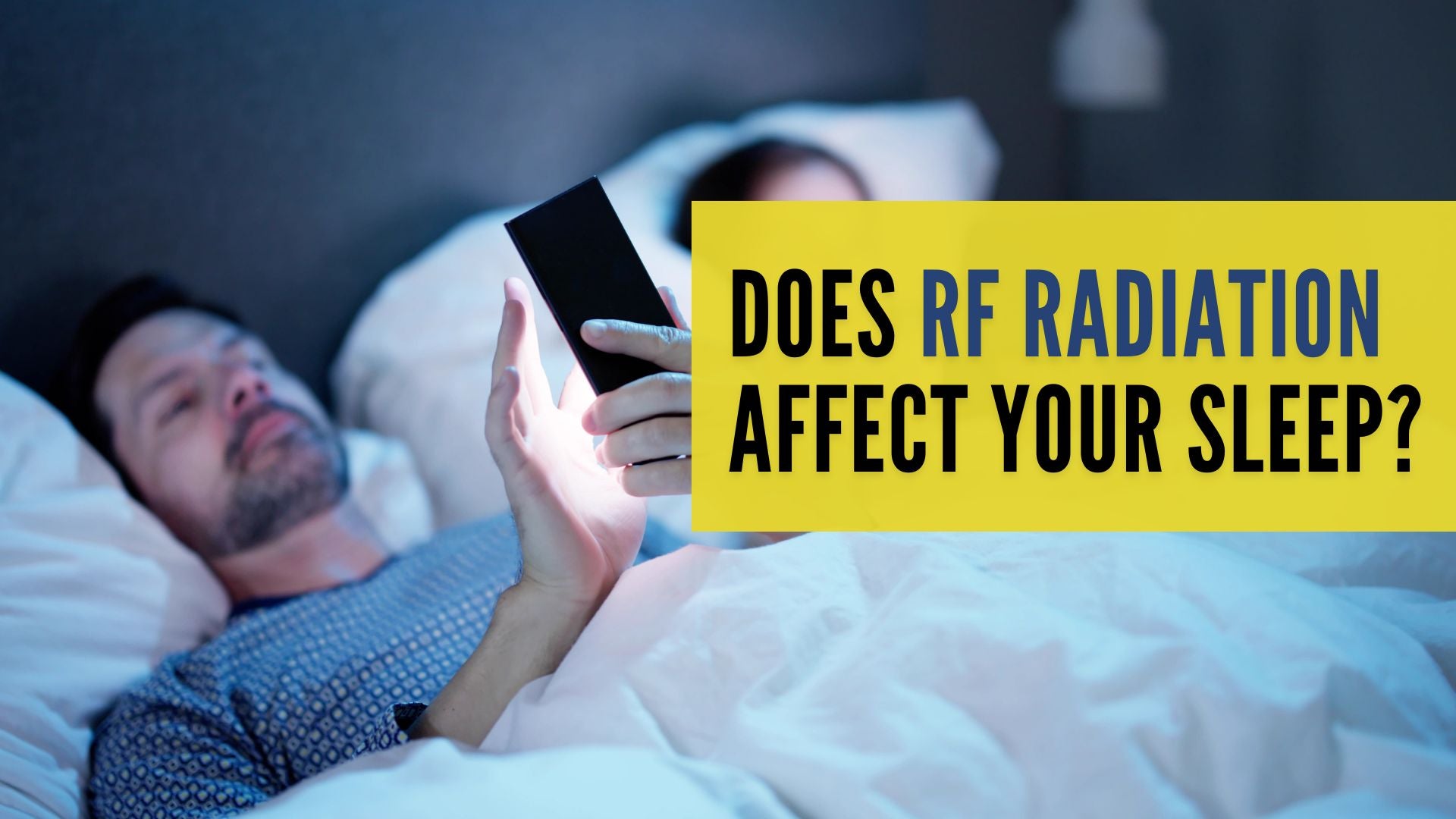In the era of digital natives, where technology is seamlessly integrated into daily life, concerns about the health impacts on children have emerged. The omnipresence of smartphones, tablets, and wireless devices has transformed how the younger generations learn, play, and interact. However, alongside the benefits of this digital revolution, questions arise regarding the potential health effects, not only from engaging with screens but also from the electromagnetic field (EMF) emissions generated by these devices.
The Evolution of Screen Time
The surge in wireless technology due to smartphones has caused what was once a rarity to become a constant presence in the lives of children, shaping their experiences at home, during travel, in educational settings, and even during social interactions. The statistics tell a compelling story: a 2015 French study revealed that 58% of children under the age of two consistently used a smartphone, showcasing the pervasive nature of screens from an early age.
Screen Time and its Impact on Children's Brain Development

Source: Institute of Electrical and Electronics Engineers’ Journal of Microwave Theory and Techniques
Central to the discussion is the emission of electromagnetic radiation, or EMF, by wireless devices. EMF is a low-frequency energy form that can potentially impact cells and bodily functions, particularly with prolonged exposure. Children, with their smaller-sized bodies, rapidly duplicating cells, and higher water content, may be more vulnerable to the effects of EMF emissions. This concern prompts a closer examination of how these emissions intersect with the critical period of brain development during childhood.
Another effect that is worth noting is how screen time can have an effect on children’s brain development. The critical period, spanning from birth to around age ten, is a pivotal stage in a child's life when the brain undergoes significant development. This period is marked by increased rates of glucose metabolism, indicating heightened functional activity. The intricate processes, including cell development, migration, and synapse formation, occurring during this phase, can be disrupted by excessive screen time and EMF exposure. The long-term consequences of these disruptions are still not fully comprehended.

Numerous studies on EMF have revealed a spectrum of health effects, stemming from cellular breakdown and disruptions in cell communication. These effects are interconnected with chronic diseases such as ADHD, Tinnitus, insomnia, Autism, Cancer, and mental health conditions like depression, Alzheimer’s, and Dementia. Additionally, EMF exposure has been associated with challenges in focus, memory, and attentiveness. Notably, research has consistently demonstrated gene mutations and DNA fragmentation in EMF studies, heightening concerns about potential cellular mutations leading to cancer. The extensive body of evidence underscores the multifaceted impact of EMF on human health across various physiological and neurological domains.
How Wireless Devices Can Impact Physical Health
Beyond mental health, studies have identified associations between screen time and poor physical health. Research on adolescent Chinese students found that sufficient vigorous physical activity acted as a protective factor against some of the negative effects of screen time on mental health.
Moreover, increased screen time has been linked to childhood obesity. A study funded by the Australian National Health and Medical Research Council discovered that greater TV viewing time predicted a higher BMI. As screens captivate children's attention for longer periods, traditional forms of physical activity have diminished. A decrease in physical activity correlates with an increase in weight, emphasizing the importance of maintaining a healthy weight for overall well-being.
Increased Risks of Impaired Learning Ability
Recent studies have explored the potential correlations between increased screen time and developmental delays in communication and problem-solving skills. One study involving 7,097 sets of mothers and their children found an association between more screen time for one-year-olds and later developmental delays. Additionally, data from 2018 revealed that children spending two hours or more a day in front of screens scored lower on language and thinking tests. Extreme cases, where children had seven or more hours of screen time, were linked to thinner brain cortexes, impacting critical thinking and reasoning abilities essential for learning.
Managing Children’s Screen Time

To combat the negative effects of excessive screen time, adopting a proactive approach is crucial. Here are several things that you can practice and adopt in your home:
- Outdoor Activities and Physical Play: Encourage children to engage in outdoor activities and physical play to counterbalance the sedentary nature of prolonged screen time.
- Establish Screen Time Limits: Implement structured guidelines for daily device use, especially for children, to strike a balance between leveraging technology for education and preventing overexposure. This aligns with health recommendations and supports overall well-being.
- Periodic Digital Detox: Introduce designated times during the day or week for digital detox, encouraging activities such as reading, outdoor play, or creative pursuits. This not only reduces screen time but also minimizes EMF exposure.
- Create Screen-Free Zones: Designate specific areas in the home, particularly bedrooms, as screen-free zones to promote better sleep hygiene.
- Educational Awareness: Increase awareness among both parents and children about the potential health impacts of excessive screen time and EMF exposure. Informed decision-making empowers families to implement practical strategies to mitigate associated risks. Radia Smart aims to raise awareness of everyday EMF radiation. You can explore further information on EMF Radiation & Children.
By incorporating the tips above, you and your family can navigate the digital landscape more mindfully, fostering a healthier balance between the benefits and potential drawbacks of screen technology.
References:
- https://jamanetwork.com/journals/jamapediatrics/fullarticle/2808593
- https://onlinelibrary.wiley.com/doi/full/10.1002/oby.20700
- https://www.independent.co.uk/life-style/health-and-families/does-spending-too-much-time-on-smartphones-and-tablets-damage-kids-development-a7067261.html
- https://www.dovepress.com/effects-of-mobile-use-on-subjective-sleep-quality-peer-reviewed-fulltext-article-NSS#:~:text=Therefore%2C%20this%20technology%20may%20pose,and%20sleep%20electroencephalogram%20(EEG).&text=Some%20studies%20have%20reported%20that,REM%20sleep%2C%20and%20sleep%20latency
- https://www.ncbi.nlm.nih.gov/books/NBK225562/
- https://abcdstudy.org/


